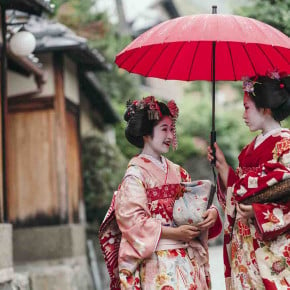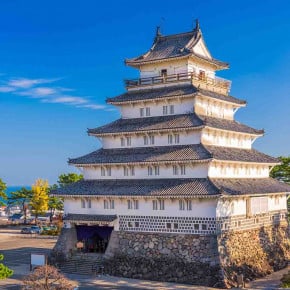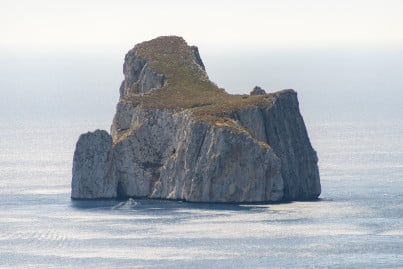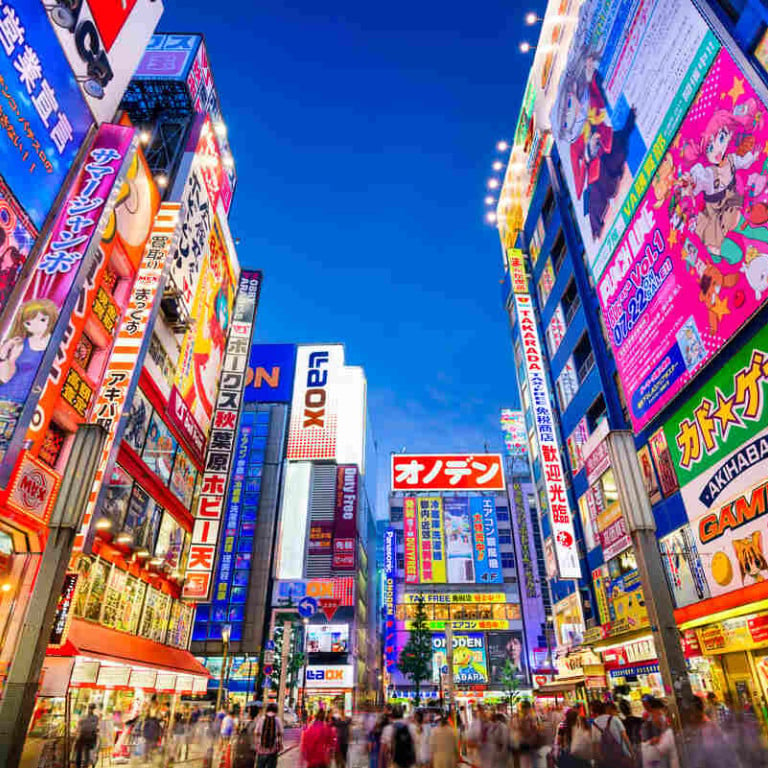
1. Tokyo – the modern metropolis
Modern Japan is epitomised by the vast, bustling metropolis of its neon jungle capital Tokyo. Go for bustling markets, Pachinko parlours run by Yakuza gangsters in shell suits, historic temples, cutting-edge technology, world-class dining and vibrant nightlife, all set against a backdrop of stunning urban architecture.
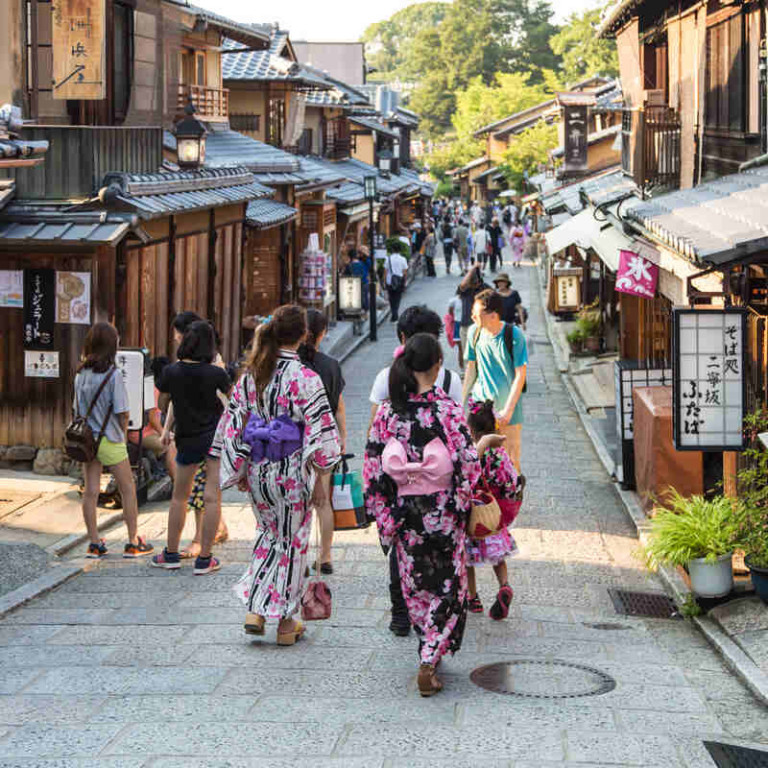
2. Kyoto
Japan’s ancient capital ('Tokyo' is an anagram of the original); historic, charismatic and culture-rich Kyoto. Its serene temples, historic shrines, ryokan inns and traditional tea houses offers insight into Japan’s fascinating past. Explore philosophical gardens, vibrant geisha districts where these colourful and exotic painted ladies still grace the streets, and preserved samurai residences. The city’s festivals are the best in Japan, if not the world, and it charms with seasonal beauty - cherry blossoms in spring and coloured leaves in autumn.
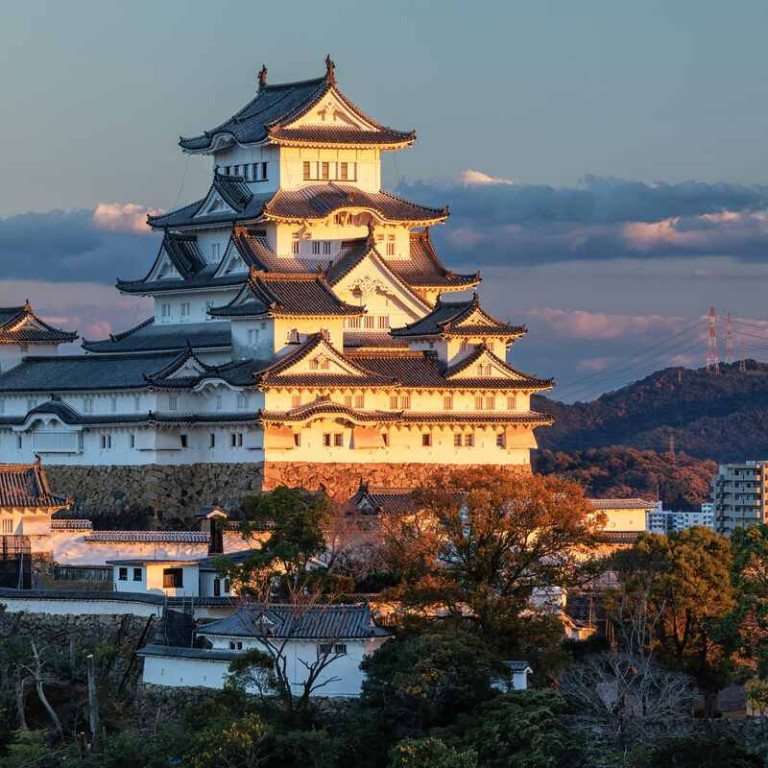
3. Architecture
Japan's castles (Himeji Castle pictured here), temples and shrines are sacred sites for its two dominant religions of Shinto and Buddhism. They’re integral to society and popular places for prayer, reflection, and festivals. Temples often feature serene gardens, pagodas, and statues of Buddha, while shrines are marked by torii gates, offering halls, and sacred objects. Both are beautifully crafted, balancing natural elements with intricate architectural details, reflecting Japan’s spiritual heritage and artistic craftsmanship. Iconic examples not to be missed include Kyoto’s Kinkaku-ji (the Golden Pavilion) and Tokyo’s Meiji Shrine.
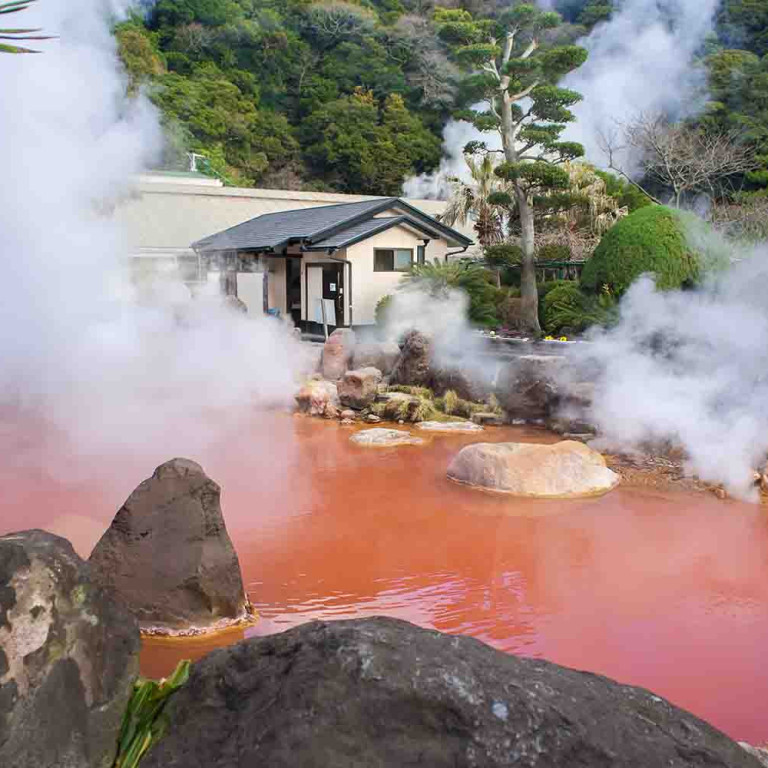
4. Onsen
Japan's proximity to the Izu–Bonin–Mariana Arc leads to intense geothermal activity just beneath the surface. One of the consequences is that the country is pockmarked by thousands of bubbling hot springs which the Japanese have over the centuries crafted into their famous onsen baths. Found all across the country, they’re renowned for their health-giving properties and are the nation's favourite form of relaxation.
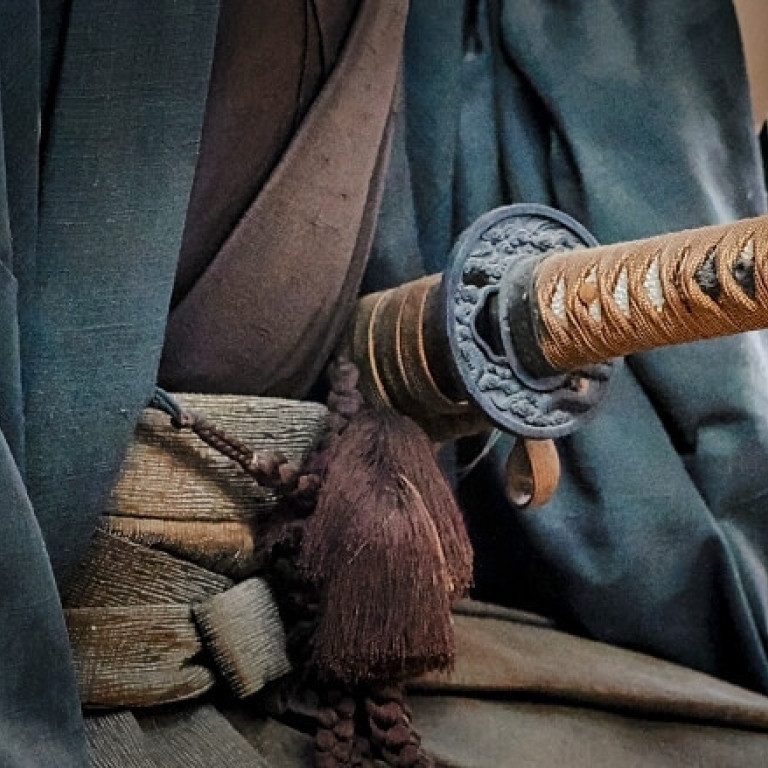
5. Bushidō & craftsmanship
The deep sensitivity and exquisite craftsmanship of the Japanese people have created many incredibly beautiful objects, with an unmatched attention to detail, often interweaving deep spiritual significances. These contrast sharply with the violent Bushidō moral code of the samurai, who’s unrelenting devotion to honour, duty and razor-sharp katana swords also formed their affection for ‘wabi-sabi’ (wabi = less is more, sabi = attentive melancholy), the awareness of and pleasure in the transient nature of earthly things. These elements all intertwine as part of the many-layered national psyche.
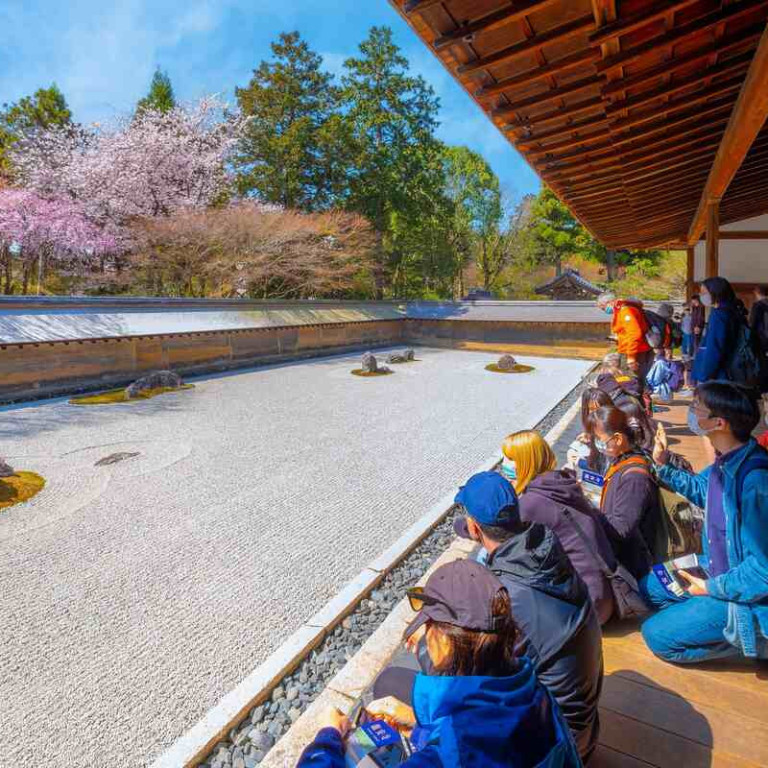
6. Zen Gardens
Japan's gardens are serene, meticulously designed landscapes that harmonize nature and art. Featuring elements like koi ponds, stone lanterns, and seasonal flora, they reflect the aesthetics of tranquillity and simplicity and showcase Japan's mastery in creating peaceful, contemplative spaces that connect visitors with nature. Renowned gardens include Kyoto's Ryoan-ji and Kenroku-en in Kanazawa.
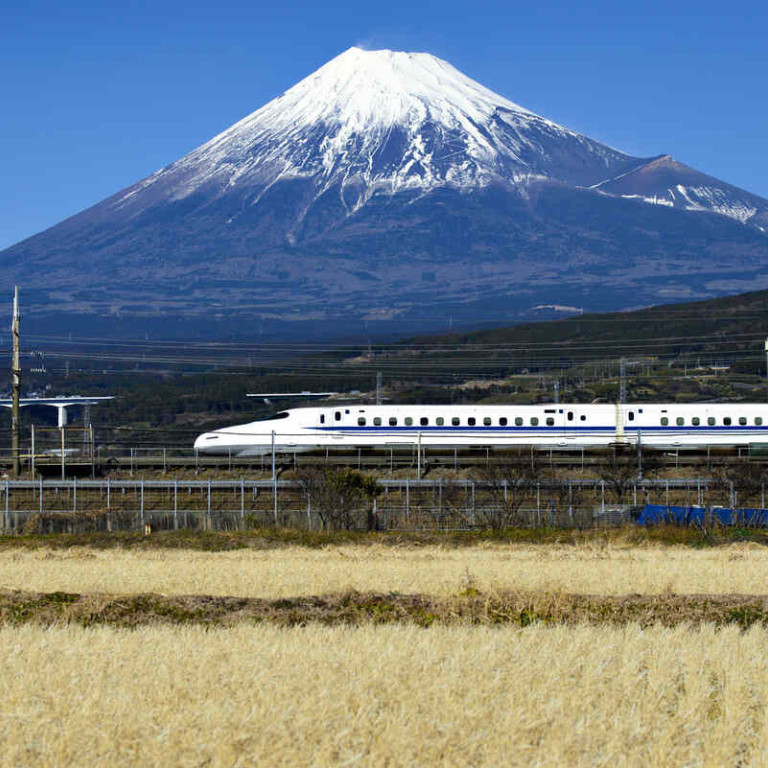
7. The Bullet Train
Japan's bullet train, or Shinkansen, offers fast, efficient travel between major cities of Tokyo, Kyoto, Osaka, and beyond. With speeds up to 320 km/h, it's an iconic symbol of modern engineering and convenience. It revolutionized rail travel with its technological advancements and luxurious comfort, offering an unparalleled travel experience through Japan's scenic landscapes.
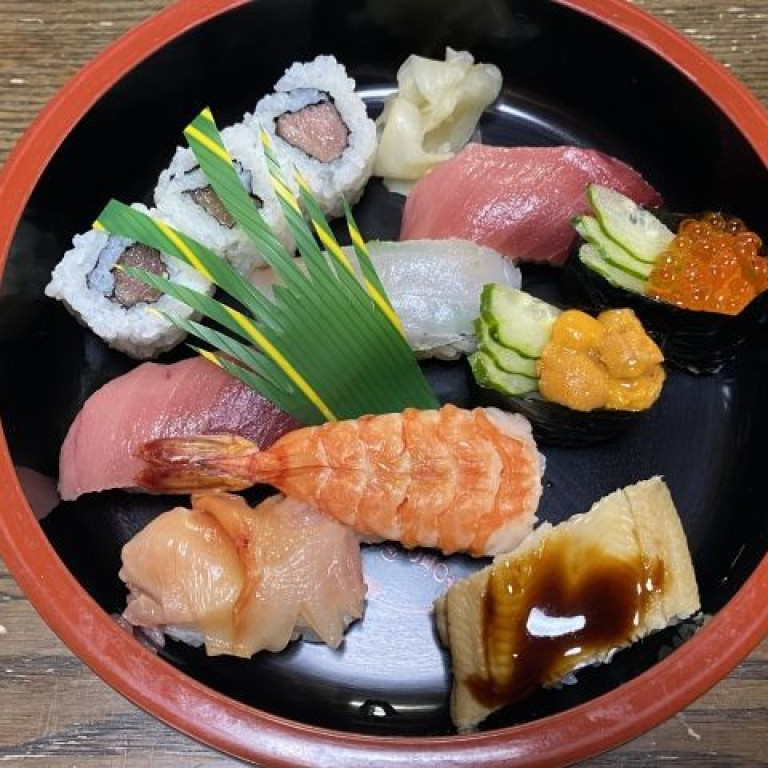
8. Cuisine
Japan is known for having some of the world’s freshest, tastiest and most inventive cuisine. The birthplace of sushi, they’ve constantly elevated food art and styles. Top foodie experiences range from a 12 course kaiskei dinner to traditional tea ceremonies. (You can experience both on our tours).
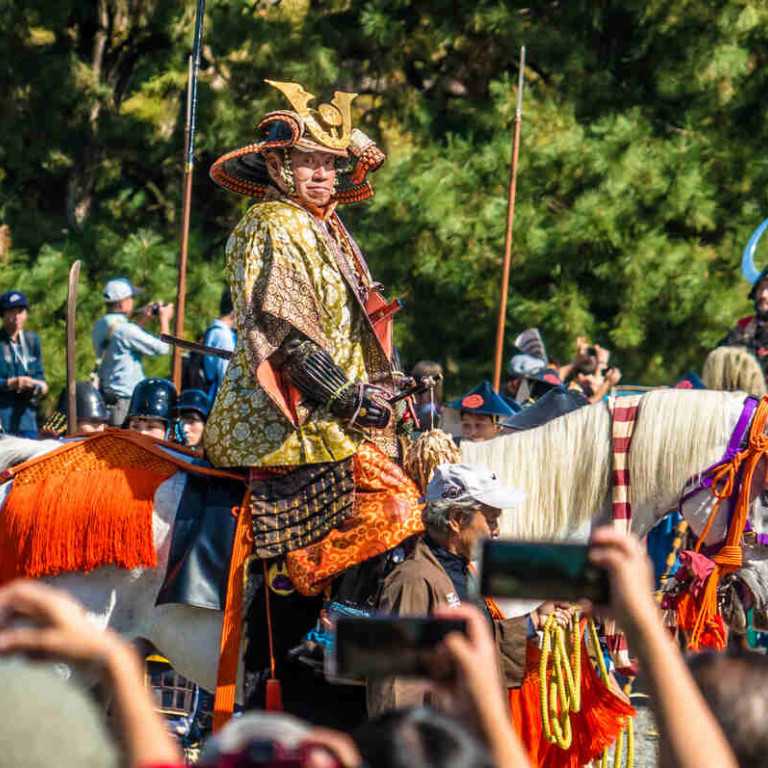
9. Exuberant Festivals
Japan has arguably some of the world’s most endearing and colourful cultural festivals, or matsuri, that punctuate the year with vibrant displays of ceremony, traditional dance, music, and elaborate costumes. The vibrant celebrations showcase traditional music, dance, ceremony, food and some elaborate costumes. Held throughout the year, they honour deities, seasonal changes, and historical events. Famous festivals include Kyoto’s Gion Matsuri & Tokyo’s Sanja Matsuri.
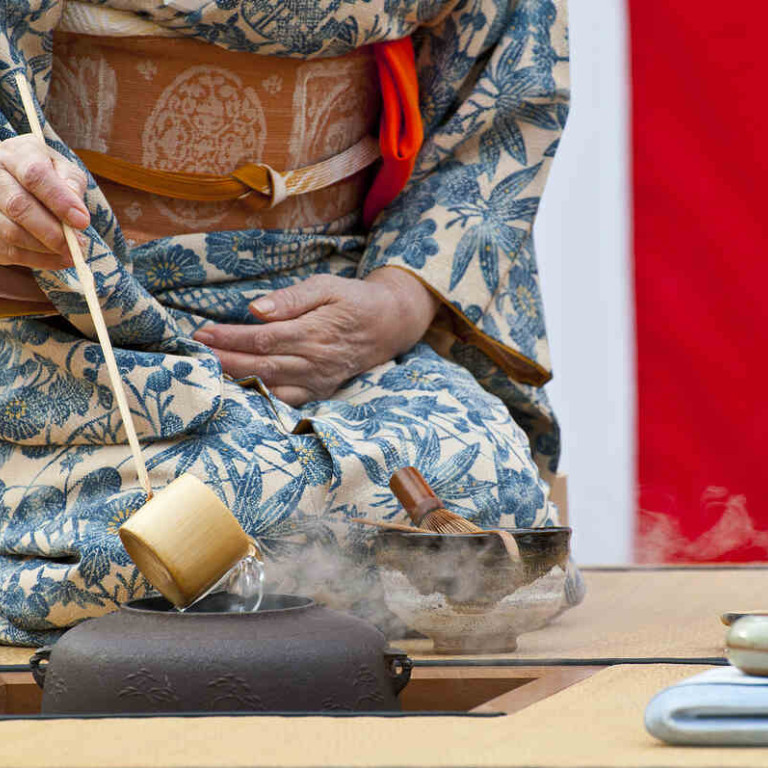
10. Warm, welcoming hospitality
Japanese hospitality, or omotenashi, emphasises genuine care and attention to detail. Guests are treated with exceptional courtesy, anticipating their needs without being intrusive. This culture of hospitality is evident in ryokan traditional inns and izakaya restaurants, tea ceremonies, and everyday interactions, creating a warm and welcoming atmosphere that enhances the overall travel experience in Japan.
"Irasshaimase!", meaning “Welcome!”, is what they’re exuberantly shouting at you the moment you walk in the door.
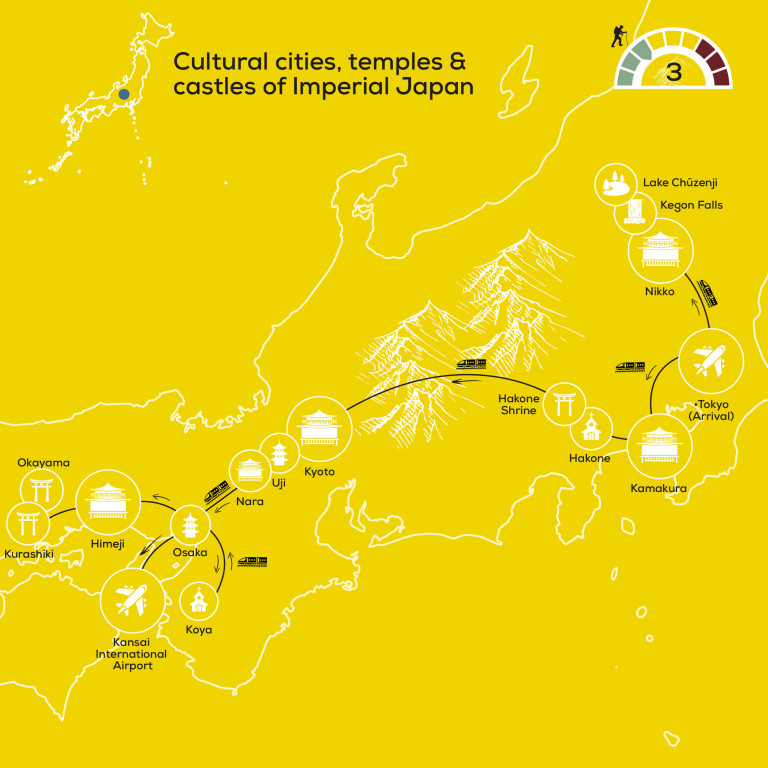
Cultural cities, temples & castles of Imperial Japan
Perfect for those wanting to see Japan's top cultural and historical sights:
- Iconic cities Tokyo, Kyoto & Osaka
- Geishas in Gion
- Tea Ceremony in Nara
- Kegon Waterfall
- Hike to the top of Mount Daimonji
- Ashinoko Lake Cruise
- Uji & Nara Parks
- Kamakura's iconic Great Buddha statue
- Walk the philosopher's path
- Osaka Food Tour
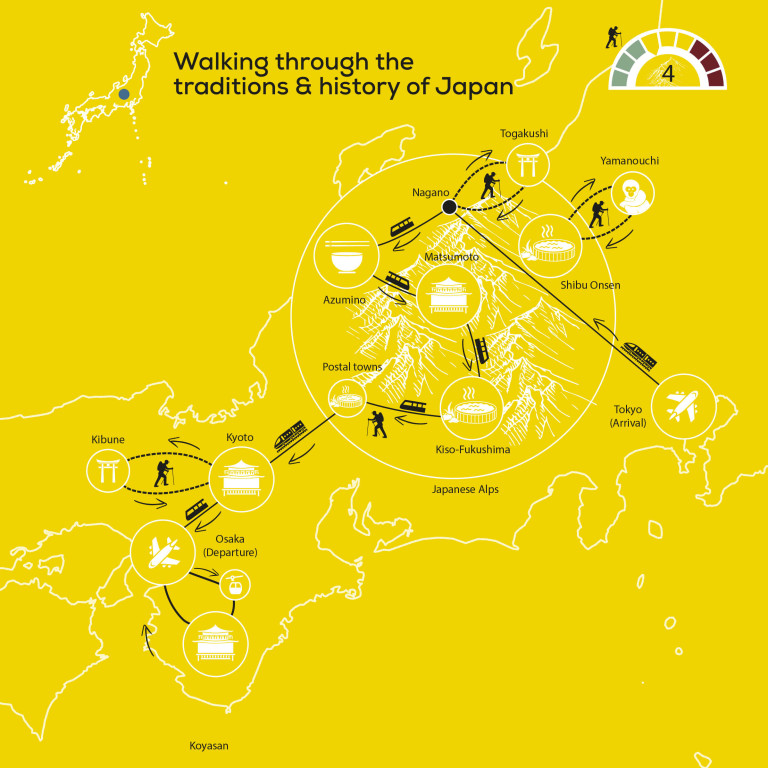
Walking through the traditions & history of Japan
Perfect for those wanting to discover the 'real Japan', with an emphasis on cultural traditions away from the tourist honeypots.
- Iconic cities Tokyo, Kyoto & Osaka
- Mount Takao
- Rural Azumino: wasabi farms, miso brewery & sake brewery
- Snow monkeys of Jigokudani
- Shibu Onsen & famous hot baths
- Forest shrines of Mount Togakushi
- Chuba Sangaku National Park
- Matsumoto & ancient trade routes of the Kiso Valley


